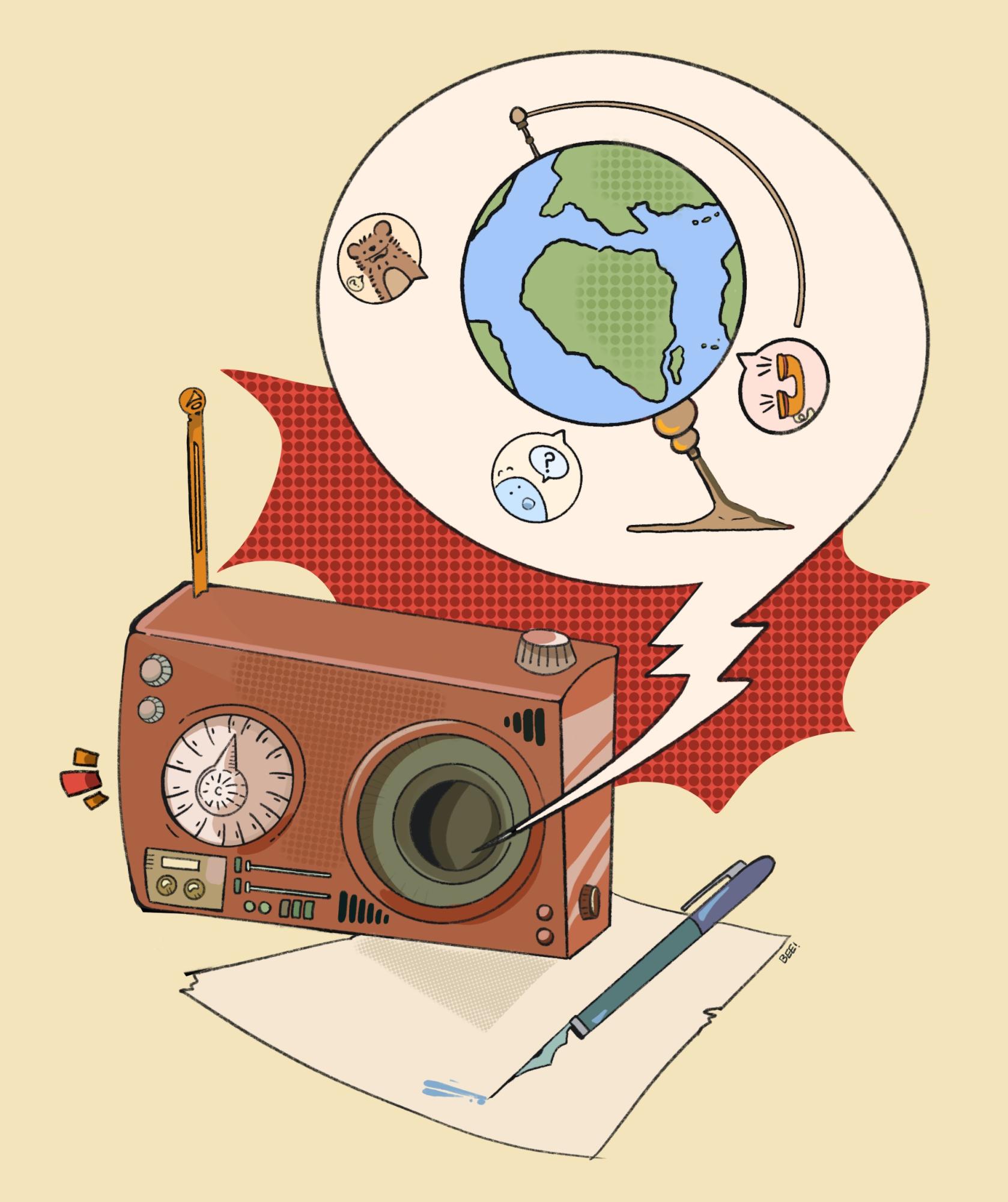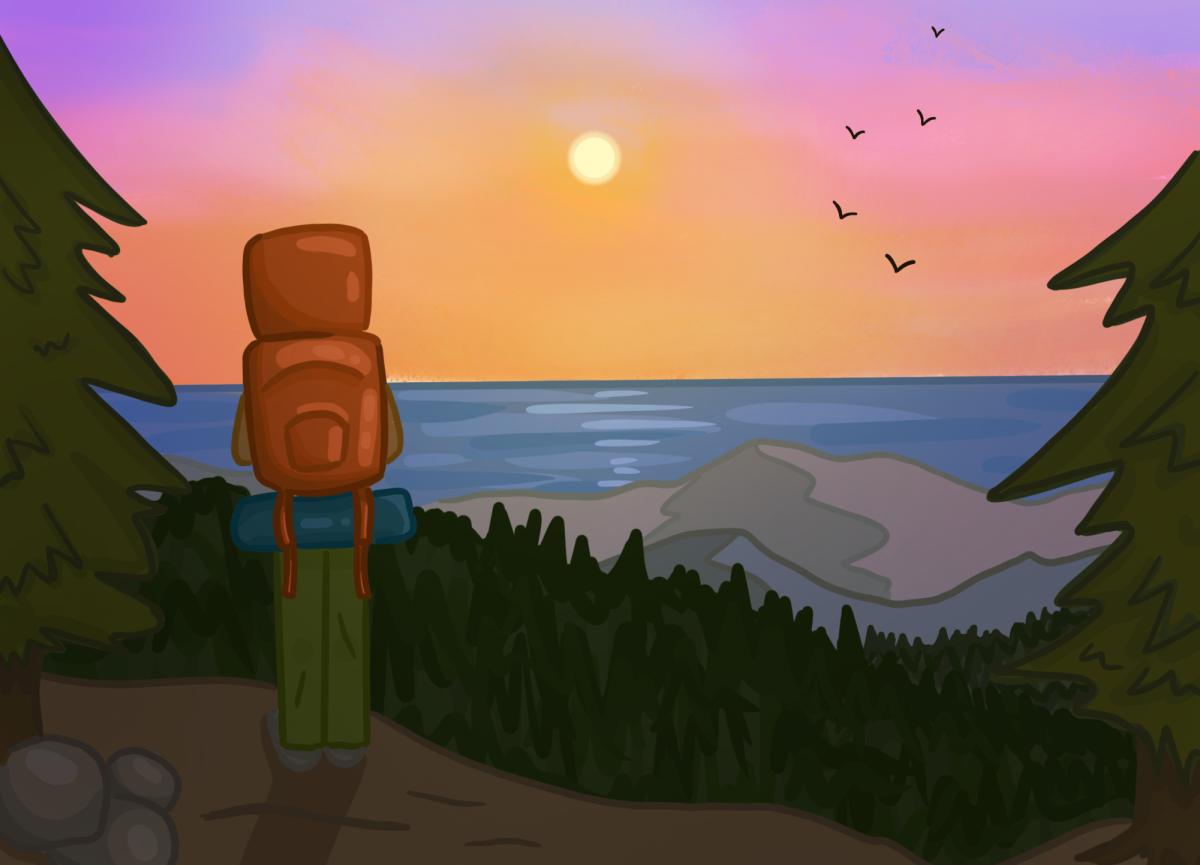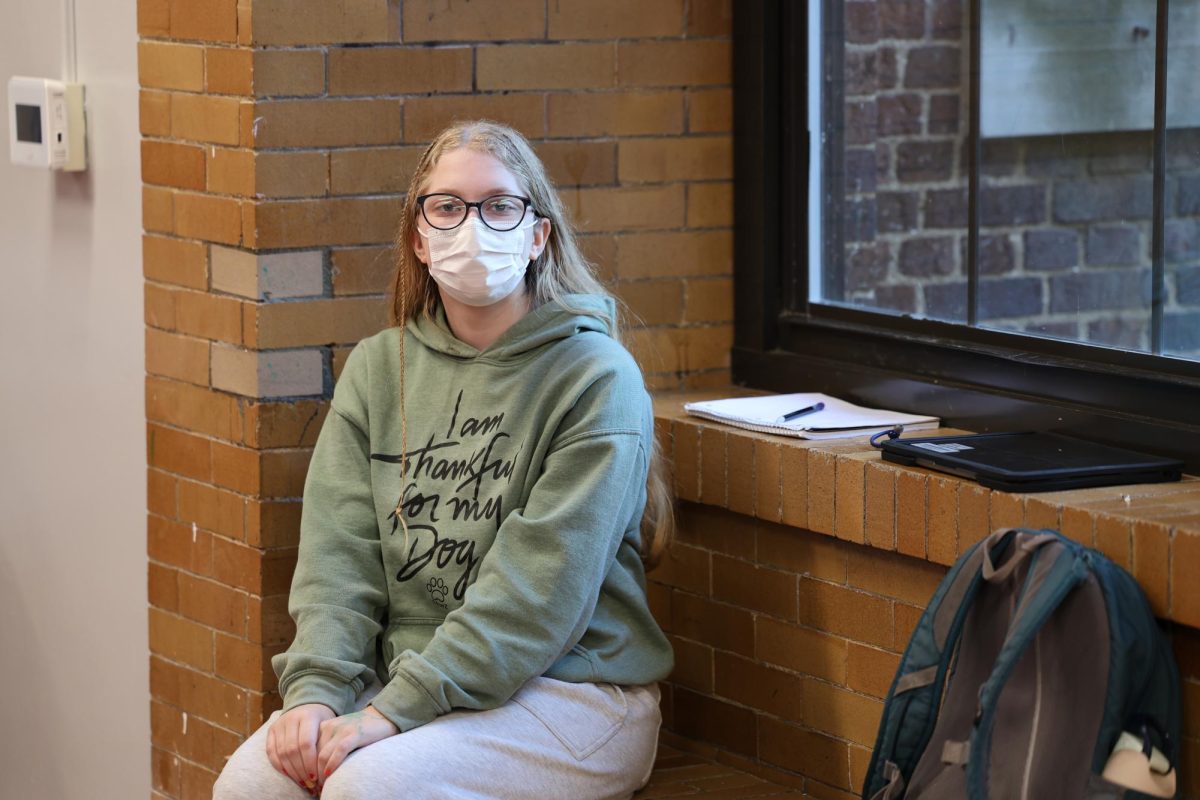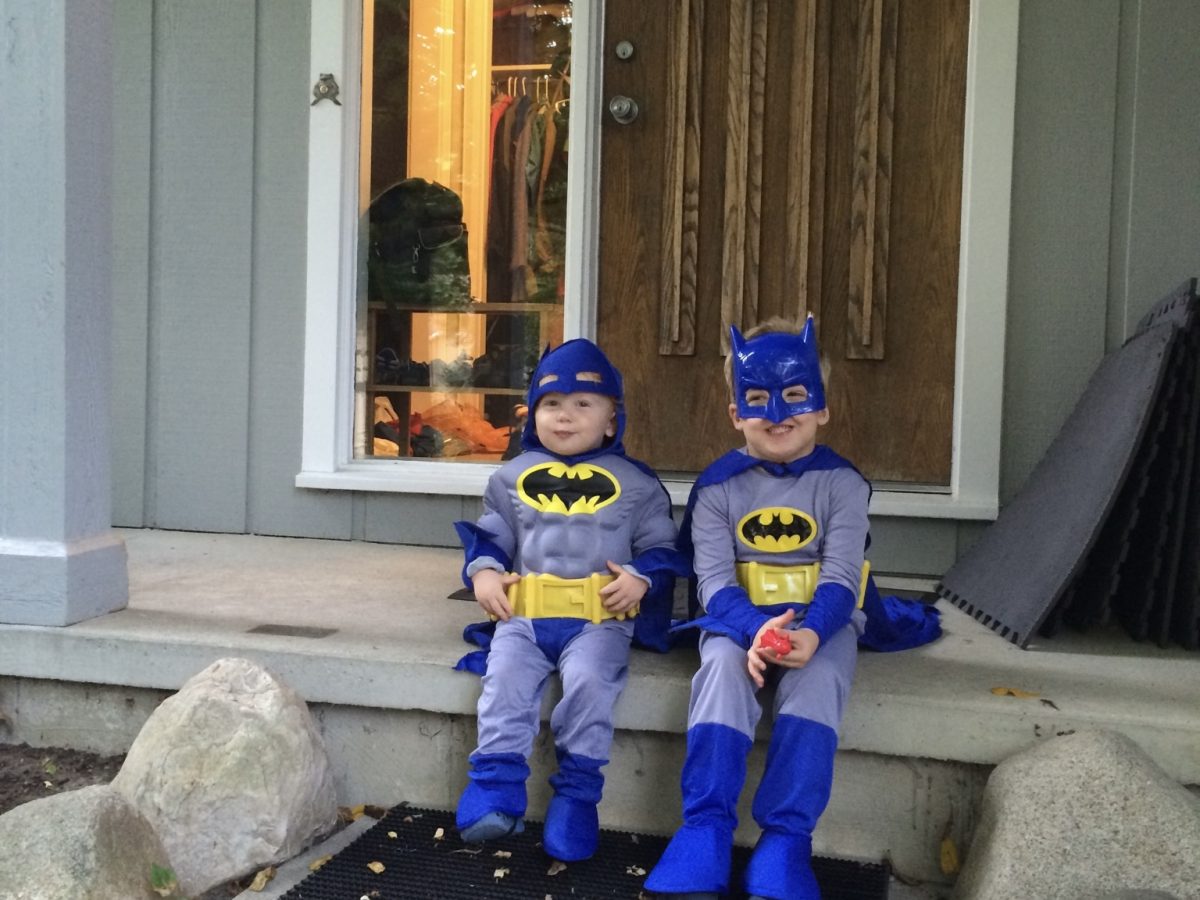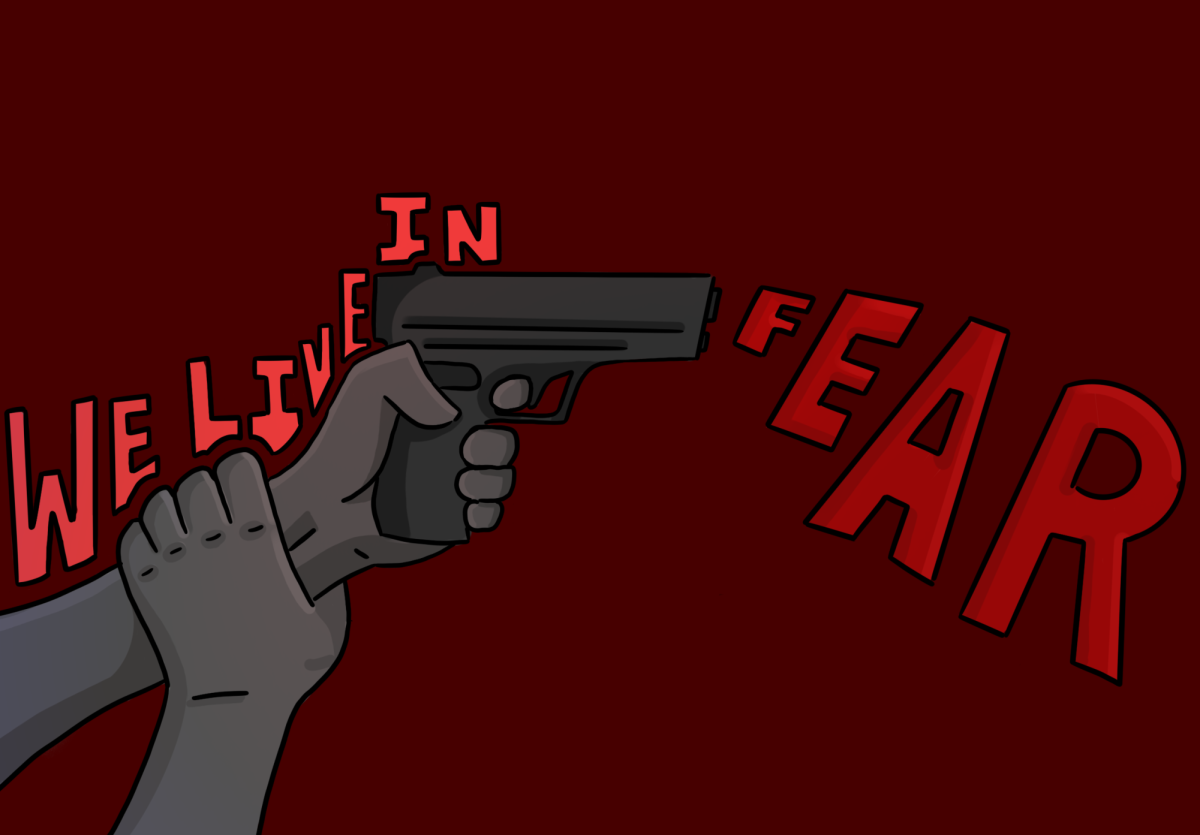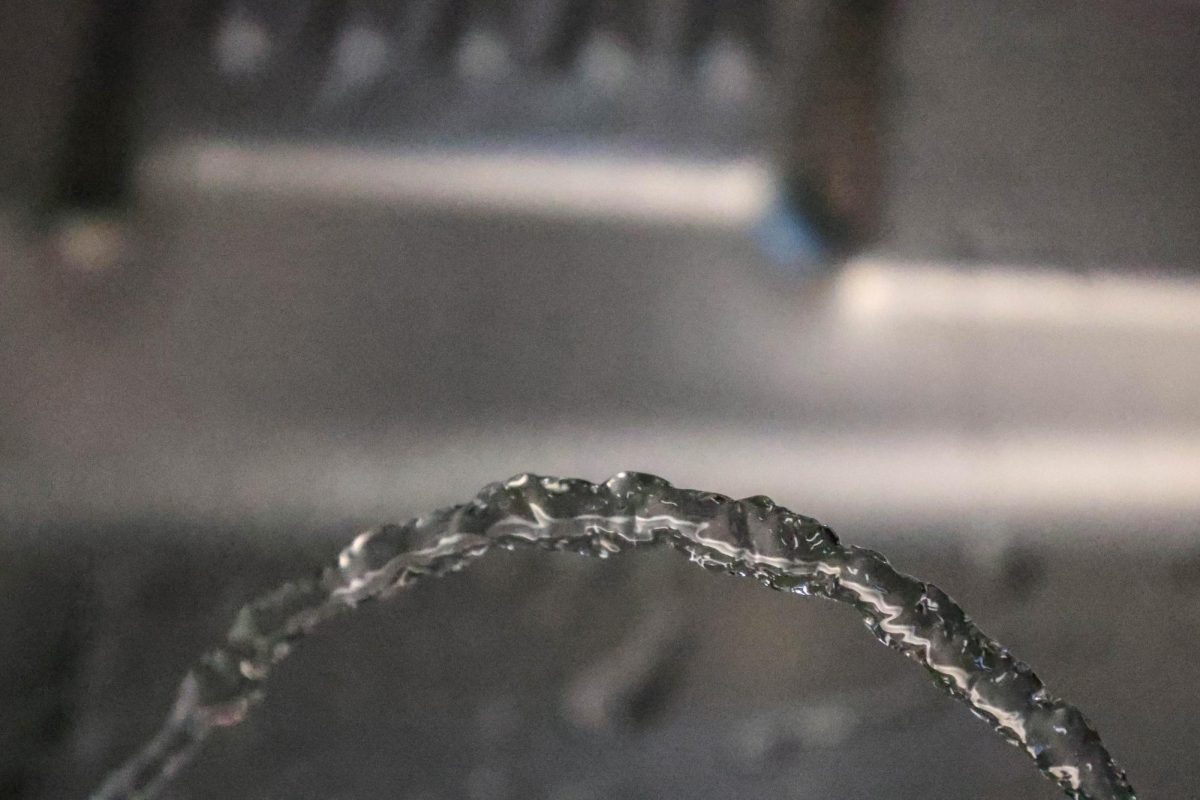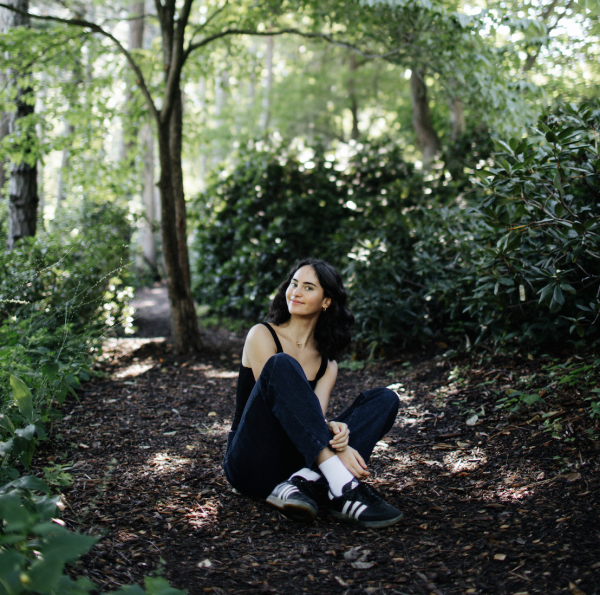Finally, I got in the car after a long, tiring class. Derivatives and limits are at the forefront of my brain, leaving me with a steady headache. Naturally, I turn to music — depending on my mood, I might play Laurindo Almeida, an idyllic fusion of Latin and jazz, or queue up Thee Sacred Souls and allow the car to be full of the soothing, warm music.
But my phone is dead. I can’t charge my phone, but I didn’t want to sit in silence. So, I did something that I wouldn’t typically do, and pressed the controversial radio button. Growing up, I loathed the radio, but it wasn’t always this way.
From extracurricular to extracurricular, my parents always turned on the radio and the soothing voices of Terry Gross and Emma Choi filled our ears as we sat in comfortable silence. Something shifted as I grew older; as soon as I would get into the car, I’d shut off the radio immediately with the push of a button. I was eager to talk about my day, and engage in a conversation with my parents, not listen to one. I just wanted to connect with my family after strenuous school days.
Yet here I was, listening to the radio. The thrum of rain was steady as “The Moth Radio Hour” was on air. Produced by Jay Allison, “The Moth” is a non-profit organization that is dedicated to sharing stories and tales from people around the world. Applause roared through the speakers as “Brains, Beauty, and Brawn: Stories of Girlhood” began. It was a compilation of five stories from women, ranging from growth — both mental and physical — to connections within friendships and relationships.
As I listened attentively to each of these stories, I felt a sense of connection to each of them as they shared their difficult, yet eye-opening experiences, but one stood out to me.
When Wanjiru Kibera was in high school, she embarked on a trip in the Kenyan wilderness with the intention of being taught patience, strength and courage. Kibera shared that she walked alone for most of the journey, maintaining a slow pace because of her asthma. But, that would not deter her; she wanted to prove that she was just as strong and capable as the others on the trip.
Instantly, I related to her. Two summers ago, I went on a strenuous hiking trip in Israel. While it was physically taxing, it was mentally as well — under the blazing sun, I put one foot in front of the other as we hiked across the country.
As Kibera walked toward the glaciers, she realized she veered off the path. She was all alone. Trekking through the dark, breathing started to get difficult. She was having an asthma attack, but she had already taken her two pumps for ventilation; she couldn’t use any more. Frustrated with tears rolling down her face, she sat down, feeling weak and defeated.
But a man approached her. Helping her up, he ensured that together, they would go up the mountain. He constantly encouraged Kibera, holding her hand as they reached the peak of Point Lenana. As she faced the view with her friends around her, she had a stark realization: “This lesson isn’t about exams, it’s not about success, it’s a lesson in life,” Kibera said. She had climbed a myriad of figurative mountains in her life alone, and life can look like a dark tunnel.
Then the radio went silent. It felt like Kibera and I were sitting in silence, together. I closed my eyes, and then opened them. Warm tears lined my eyes, and there was sniffling coming from the radio.
My trip also led me to make many realizations, and the mountains and hills I climbed were not just physical. In a country without my family, I was surrounded by new friends, but in ways, I still felt alone.
“But there are people to hold your hand in the darkness,” Kibera said. I could hear her soft cries. Physically, I was alone in the car. But mentally, we were in the car together. Her gentle voice, her touching story and her powerful realizations moved me. Through the means of sound, I felt a unique, more intimate connection with Kibera — something special that could not be attained through reading. And the radio is extremely, if not the most, accessible to the people. So I urge you to turn on the radio, listen to 91.7, and have the opportunity to feel heard and connect with someone. Being able to listen and connect with Kibera’s story, who is thousands of miles away, made the global local.



